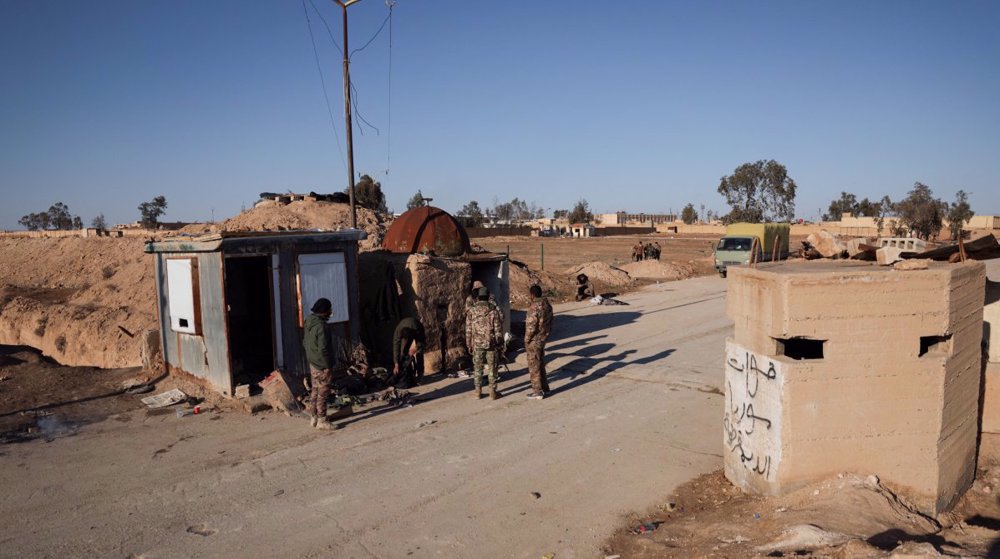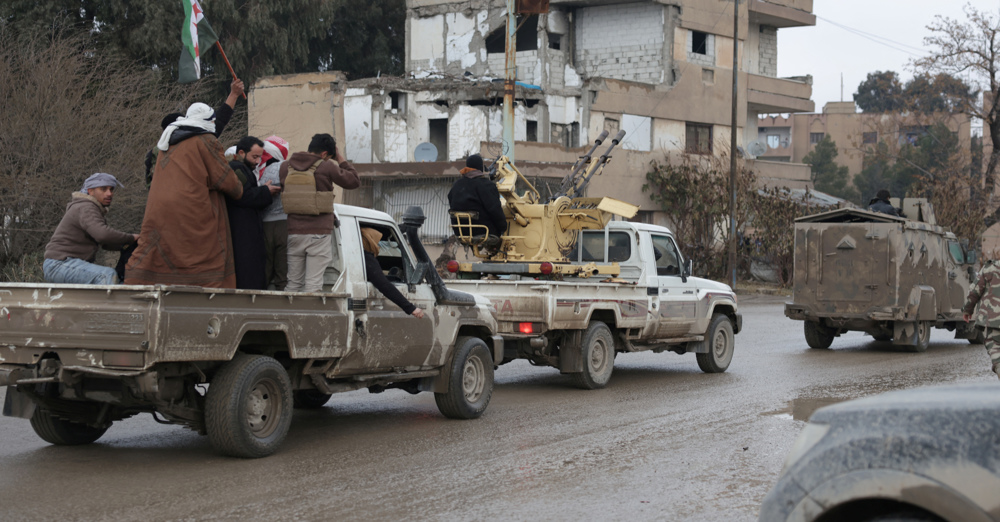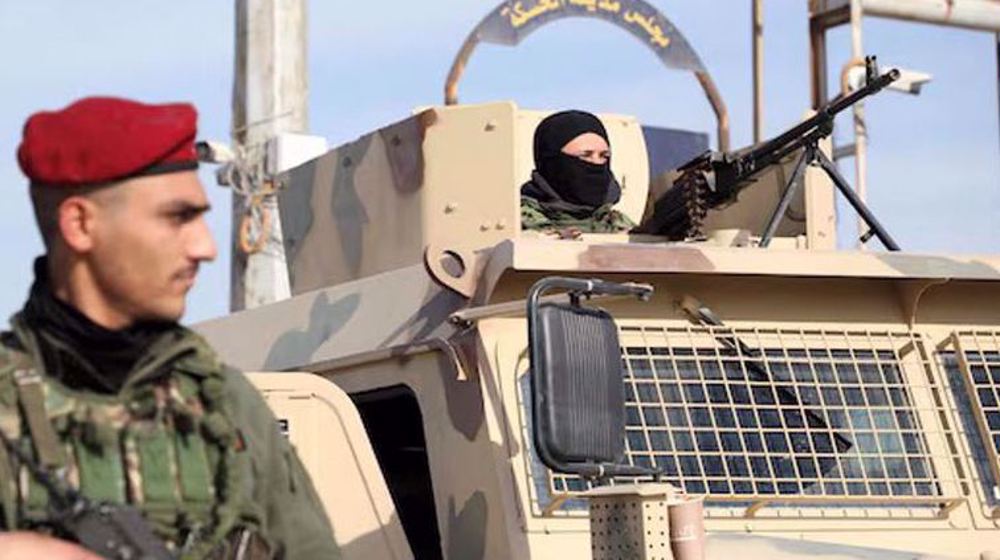Daesh leader al-Baghdadi ‘highly likely’ eliminated: Russian Foreign Ministry
Russia’s Foreign Ministry says it is “highly likely” that the leader of the Daesh Takfiri terrorist group, Ibrahim al-Samarrai aka Abu Bakr al-Baghdadi, has been killed in an airstrike carried out by the Russian Air Force in Syria last month.
“It is highly likely that Daesh [leader Abu Bakr] al-Baghdadi was eliminated in an airstrike of the Russian Air Force on a militant command post in a southern suburb of the city of Raqqah in late May,” Russian Deputy Foreign Minister Oleg Syromolotov told Sputnik news agency on Thursday.
Syromolotov added that the information about Baghdadi’s death was now being verified through “various channels.”
The senior Russian official noted that the death of the terrorist group’s leader would likely lead to the disorganization of Daesh, stressing that efforts aimed at inflicting the ultimate defeat on the extremists should continue.
On June 16, the Russian Defense Ministry said that Baghdadi might have been among a group of terrorist leaders attending a so-called Daesh military council, and killed in a Russian strike of Syria's militant-held city of Raqqah, which serves as the terrorists' de facto capital in Syria, on May 28.
Russian Foreign Minister Sergei Lavrov later stated that he could not give firm proof that the Baghdadi had indeed been killed.
Baghdadi announced the forming of the group's so-called caliphate at Grand al-Nuri Mosque in the northern Iraqi city of Mosul back in 2014.
Daesh extremists blew up the 12th-century Hadba (Hunchback) minaret along with the Grand al-Nuri Mosque late on Wednesday.
Iraqi authorities and officials from the US-led coalition ostensibly fighting Daesh terrorists said the destruction of the site, sometimes referred to as Iraq’s Tower of Pisa, was a sign of the extremists’ imminent loss of Mosul.
Iraqi Prime Minister Haider al-Abadi described the destruction an “official declaration of defeat.”
Turkish, Russian forces to be deployed in Syria's militant-held Idlib
Meanwhile, Turkish presidential spokesman, Ibrahim Kalin, says military personnel from his country and Russia were going to be deployed in Syria's northern and militant-held province of Idlib under a de-escalation agreement brokered by Russia last month.

“We will probably be most prominent in the Idlib region with the Russians; mostly Russia and Iran around Damascus, and a mechanism involving the Americans and Jordan in the south in the Dara’a region is being worked on,” Kalin was quoted as saying by the Turkish-language Haberturk television news network as saying on Thursday.
The senior Turkish official pointed out that Russia had proposed that Kazakh and Kyrgyz military forces be sent to Syria as well.
Kalin went on to say that the establishment of de-escalation zones, brokered by Russia with backing from Turkey and the Islamic Republic of Iran during ceasefire talks in the Kazakh city of Astana last month, would be further discussed in Kazakhstan early next month.
The de-escalation agreement, which came into effect at midnight on May 5, calls for the cessation of hostilities between militant groups and Syrian government forces.
It covers the northwestern province of Idlib, northeastern areas of the western coastal province of Latakia, western areas of Aleppo Province and northern areas of Hama Province.
The plan also applies to the Rastan and Talbiseh enclave in northern Homs Province, Eastern Ghouta district in the northern Damascus countryside as well as the militant-controlled southern part of the country along the border with Jordan.
Iran files lawsuit against US, Israel over support for terrorism
State of emergency across US as monster storm hits 200 million Americans
Trump administration moves to cut funding for ICE body cameras
VIDEO | Qeshm: Iran’s biggest island boasts 1st UNESCO geopark in region
VIDEO | People in Spain’s Granada mobilize against Gaza genocide, US imperialism
VIDEO | Thousands protest in Brussels over austerity measures
Kata’ib Hezbollah asks fighters to prepare for 'war' in support of Iran
Israeli warplanes conduct new aggressions across southern Lebanon















 This makes it easy to access the Press TV website
This makes it easy to access the Press TV website